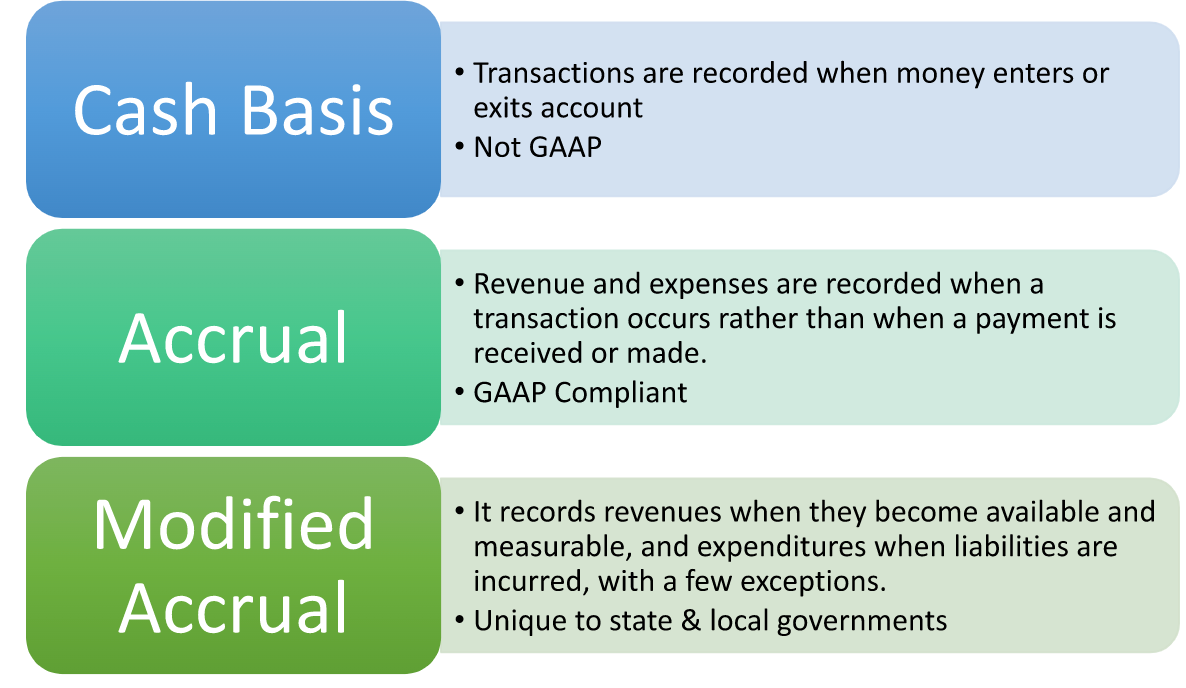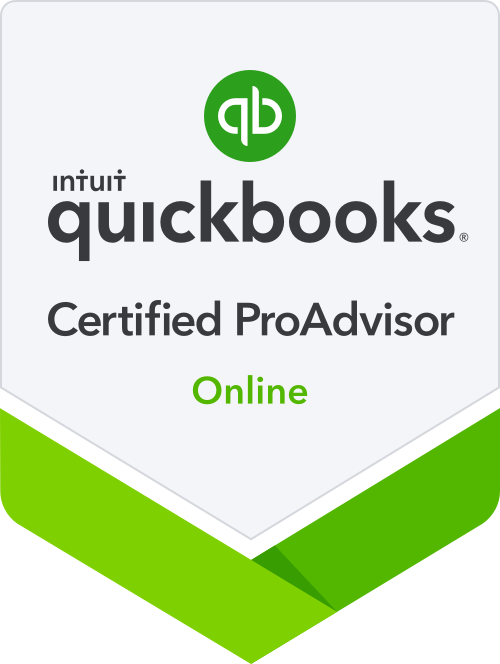Choosing Between a Salary and a Distribution
One of the perks of being a business owner is the ability to choose how you get paid. There are two main ways to take money out of your business: a salary and a distribution.
Each of these options retains tax advantages that need to be considered, making it necessary to consider the basics of each option to choose the right one for your situation.

The Pros and Cons of a Salary
A salary results in you getting paid like any other employee on a pre-determined schedule. You can decide on the amount you want to pay yourself each pay period, giving you added flexibility and a fixed source of income. However, like any other employee, your salary will be subject to both employee and employer payroll taxes.
The employer taxes are 6.2% for social security, 1.45% for medicare, and various rates for unemployment taxes. All of these taxes are deductible on the business tax return, reducing business income. Moreover, a salary will also need to be reported in your individual tax return with ordinary income taxes paid. This may result in a higher tax liability depending on the other income items on your tax return.
The Pros and Cons of a Distribution
The other option of taking money out of your business is through a distribution. A distribution is a non-taxable event when you have a sufficient basis in the company. Think of a distribution as writing a check from the business bank account to yourself. Taking a distribution from your company becomes tricky when you have other partners and shareholders involved as these business entities are required to follow pre-determined agreements.
As we mentioned before, to be a non-taxable event, your business must have enough basis to support the distribution. Your basis is everything you’ve contributed, earned, and withdrawn since you held ownership of the company. When your distributions exceed your basis, the excess must be picked up as a capital gain on your individual tax return.
How to Choose the Right One
Choosing the right method for your business isn’t an easy decision as both have tax advantages and disadvantages. Going with a salary gives you access to a steady stream of income and helps your social security income when you retire, but you must pay payroll taxes and pay ordinary income taxes on the amount.
On the other hand, a distribution is generally tax-free, but reduces your basis in the company, resulting in a higher gain when you sell the business. To leverage all of the tax advantages, many business owners see the greatest benefits by implementing both a salary and distribution. A salary should be set up to cover your basic needs while a distribution should be used to fill in the gaps.
Summary
Choosing between a salary and a distribution is a decision that plagues many business owners. The experts at Gordian Financial can help you work through deciding the most beneficial decision for your business.
For more information, reach out to a team member today.











